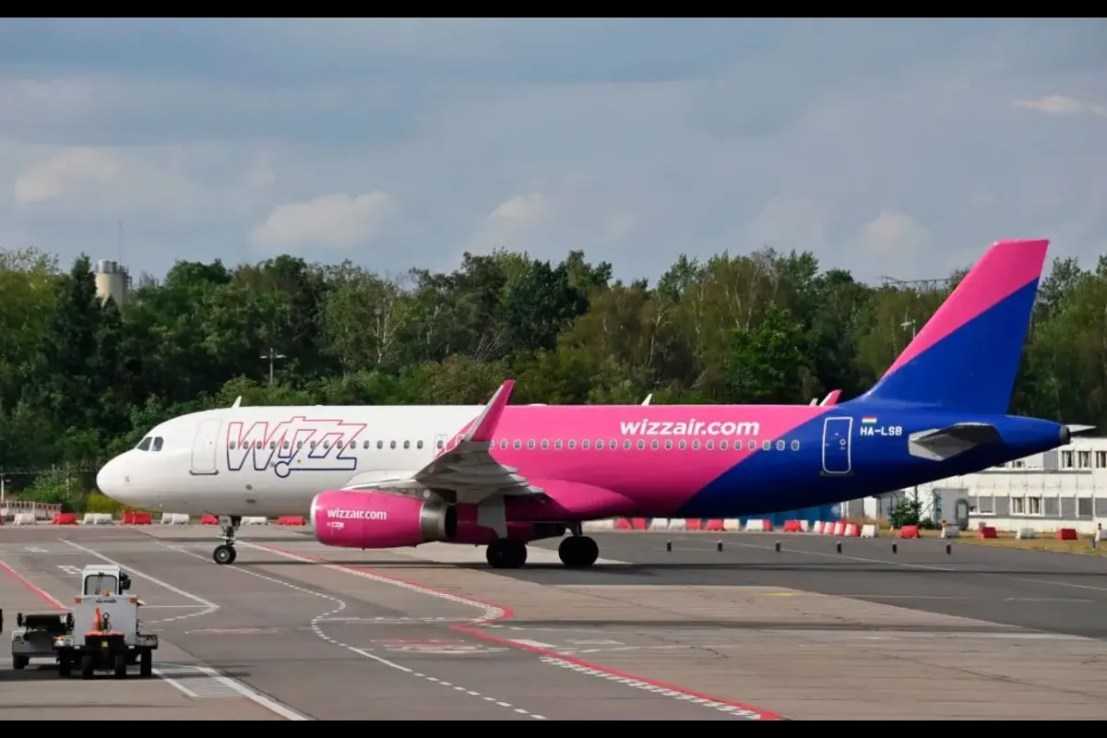Wizz Air passengers soar in March as customers jet off on holiday
Wizz Air's total emissions were also up significantly compared to the year before. In March, CO2 emissions rose 12 per cent to 442,368 tonnes.


Wizz Air saw the benefit of Easter getaways as passenger numbers climbed steadily in March, continuing a strong trend for the airline and the aviation sector in general.
The firm said it carried 4,778,980 passengers in the month, 12 per cent higher than in the same month last year.
Despite this, the airline’s load factor – the percentage of available seating capacity that has been filled with passengers – actually decreased by 1.3 percentage points, as capacity for the airline rose by 13.6 per cent in January.
“March traffic at Wizz Air was a bit weaker than we expected, impacted by a higher level of one directional visiting friends and relatives (VFR) journeys during the Easter period that depressed the load factor slightly,” analysts at Peel Hunt said.
Looking back over the past year, Wizz Air has carried over 62m passengers – a 21 per cent increase on the same period last year. Its load factor was down 2.4 percentage points in the year.
Wizz Air’s total emissions were also up significantly compared to the year before. In March, CO2 emissions rose 12 per cent to 442,368 tonnes.
Across the year as a whole, CO2 emissions jumped 22.5 per cent to 5.7m tonnes.
Although its total emissions were up substantially, Wizz Air said it “continues to report the lowest CO2 emissions per passenger per kilometre among competitor airlines”.
In the last twelve months, CO2 grams per passenger per kilometre were down 3.3 per cent at 52.0, compared to 53.8 in the same period the year before.
Wizz Air noted that it had restarted flights to Tel Aviv in March. Throughout April, May and June it confirmed that further routes will resume operations.
It also announced special flights for football fans flying to the UEFA European Football Championship in Germany this summer.
In its latest round of quarterly results, Wizz Air reported a loss of £90.20m (€105.4m) in the three months to December, down from a profit of €33.5m the prior year. Alongside its rivals, Wizz Air has been hit by resurgent conflict in the Middle East following Hamas’s attack on Israel in November.



